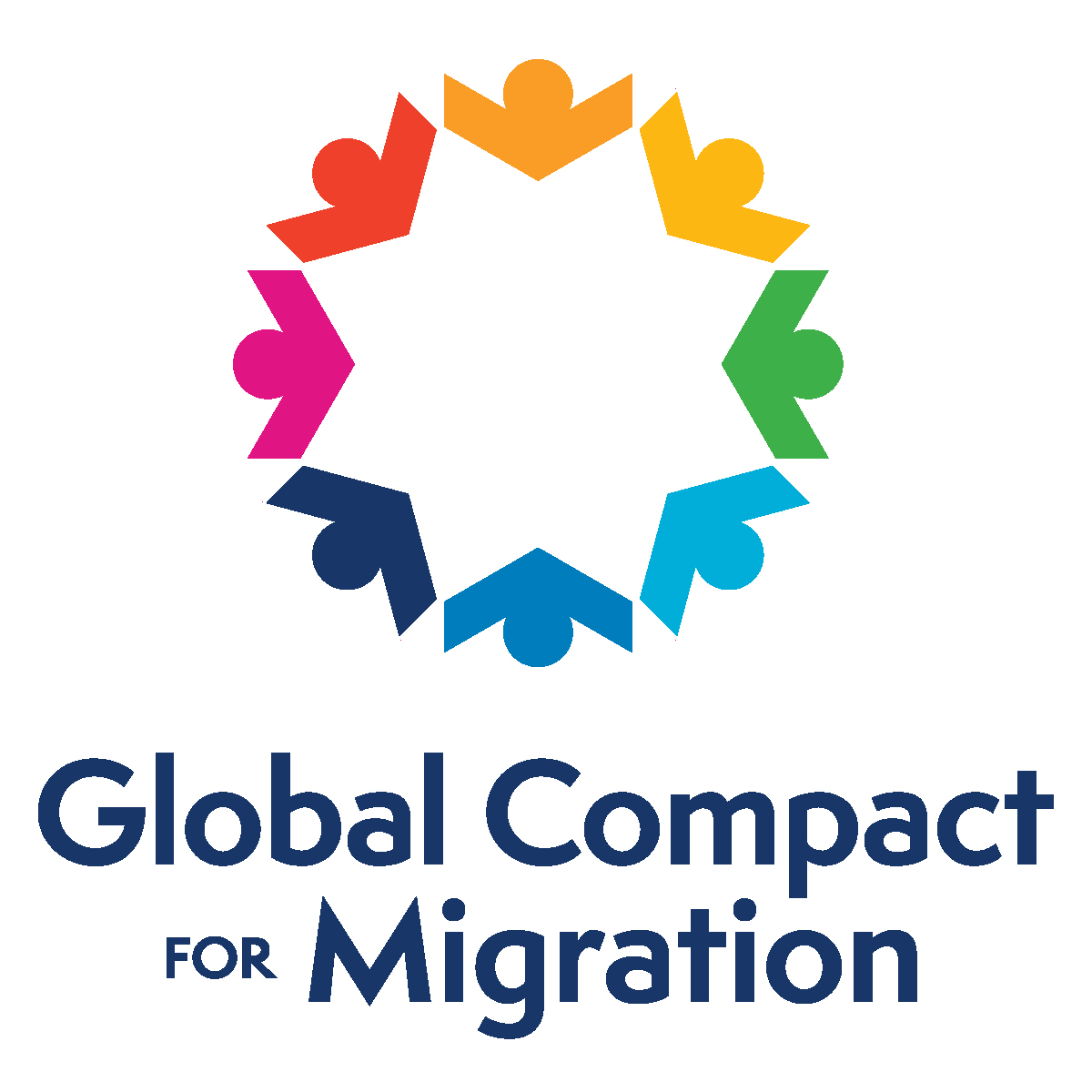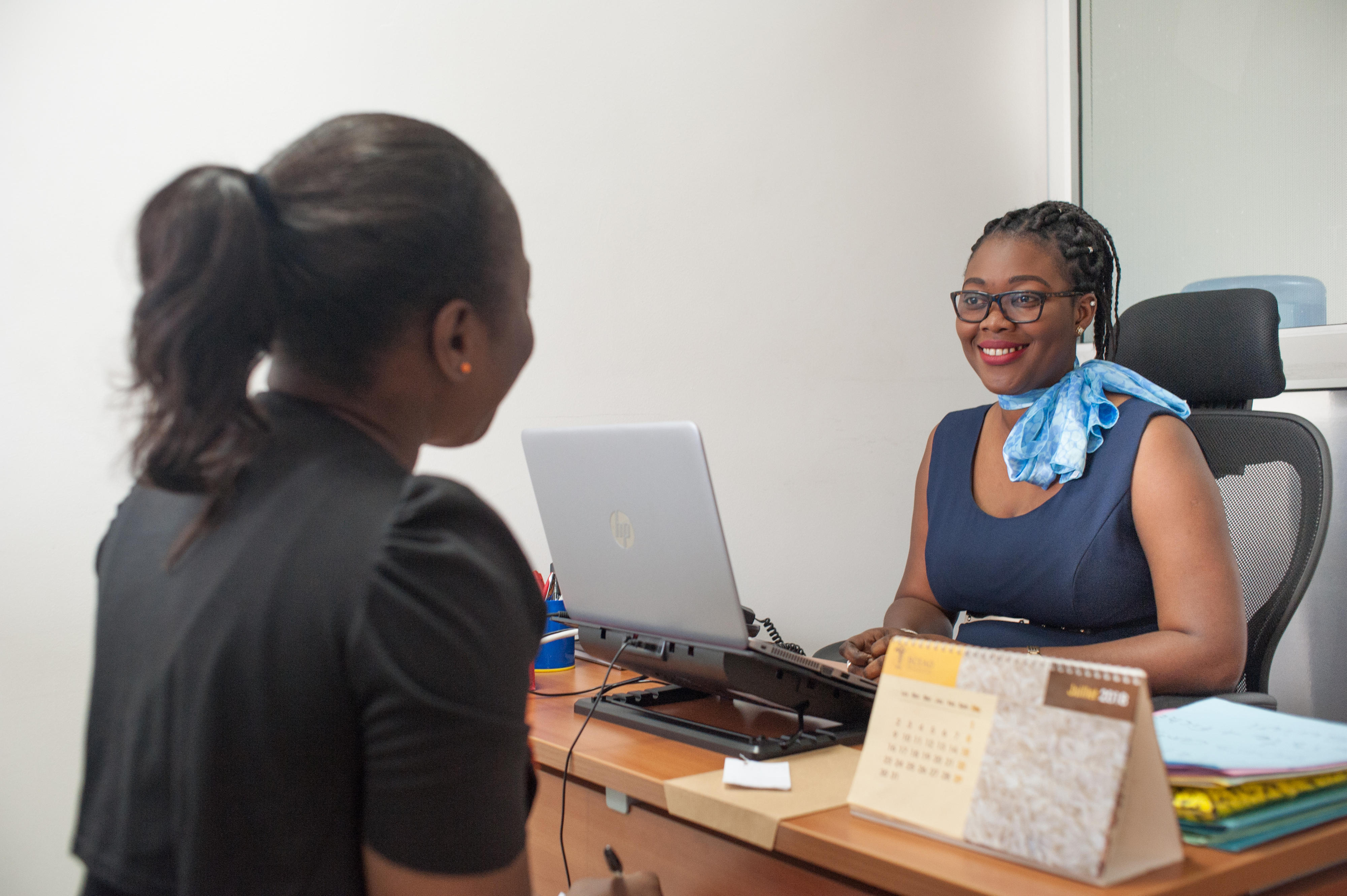THAMM (Towards a Holistic Approach to Labour Migration Governance and Labour Mobility in North Africa) assists the relevant authorities in Morocco, Tunisia and Egypt in managing and structuring labour migration more effectively.
Staff at local employment agencies are given guides and information on ways of successfully placing employees abroad. By connecting with partner organisations in Germany and Europe, they are enabled to shape migration in a way that is partner-based.
The project offers young people in particular from Egypt, Morocco and Tunisia the opportunity to work or undertake training in Germany. They are offered both linguistic and intercultural preparation for their migration to Germany and are placed on training programmes or in jobs in collaboration with the Federal Employment Agency.
The programme, which is funded by the EU and the BMZ, is being carried out by the Deutsche Gesellschaft für Internationale Zusammenarbeit (GIZ), the International Organization for Migration (IOM), the International Labour Organization (ILO), the Belgian Development Agency (Enabel) and the French Office for Immigration and Integration (OFII).


